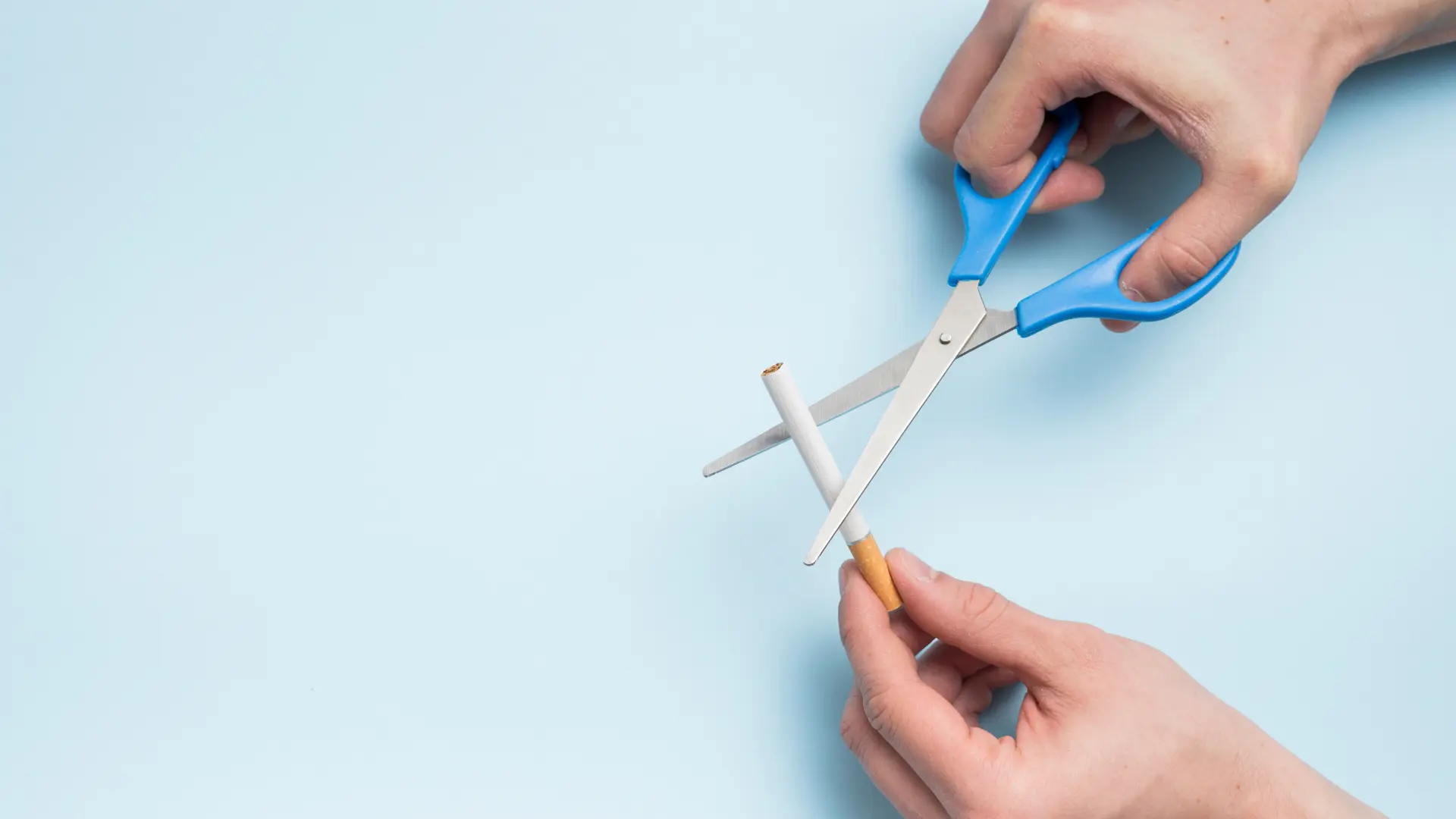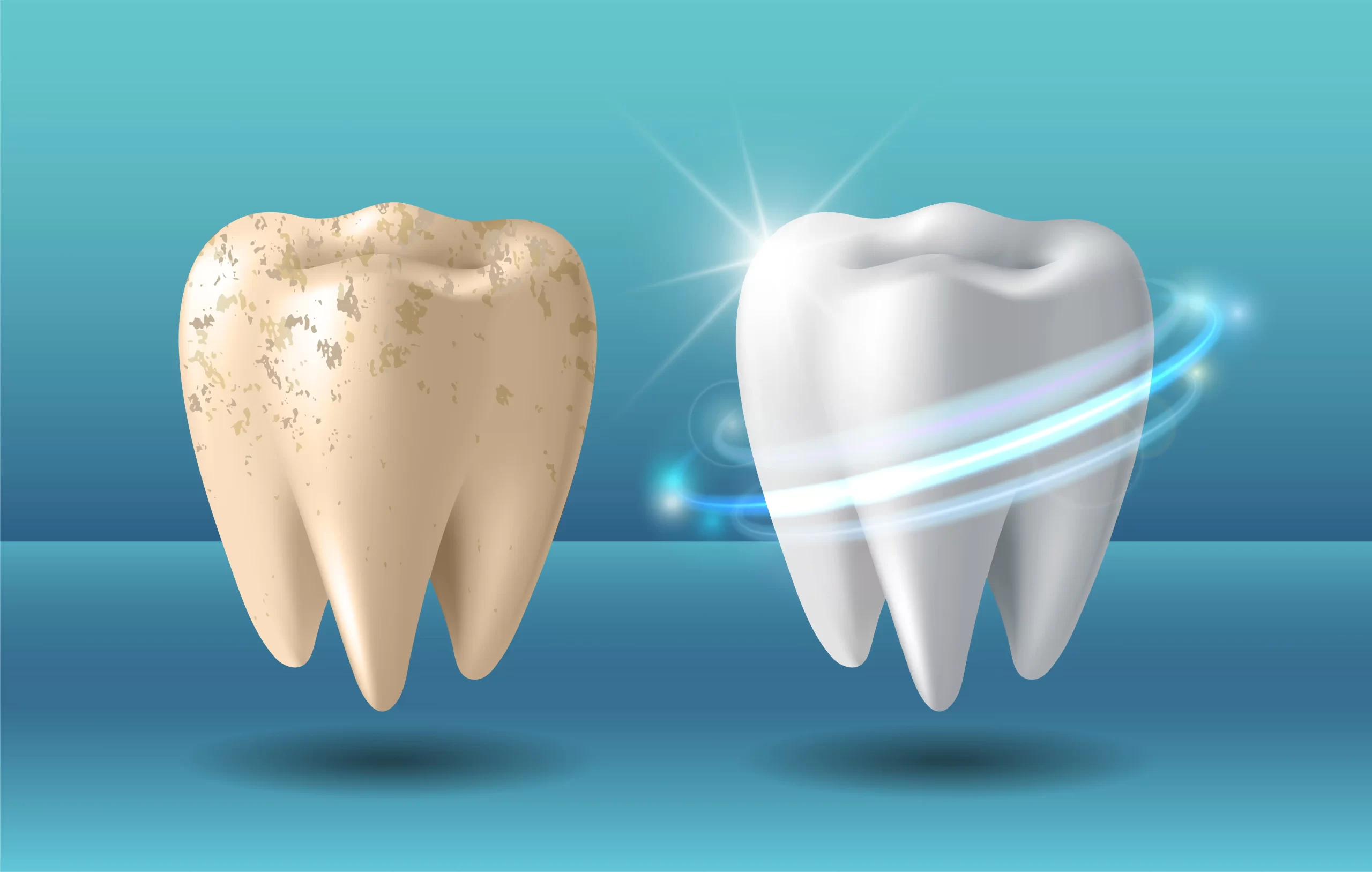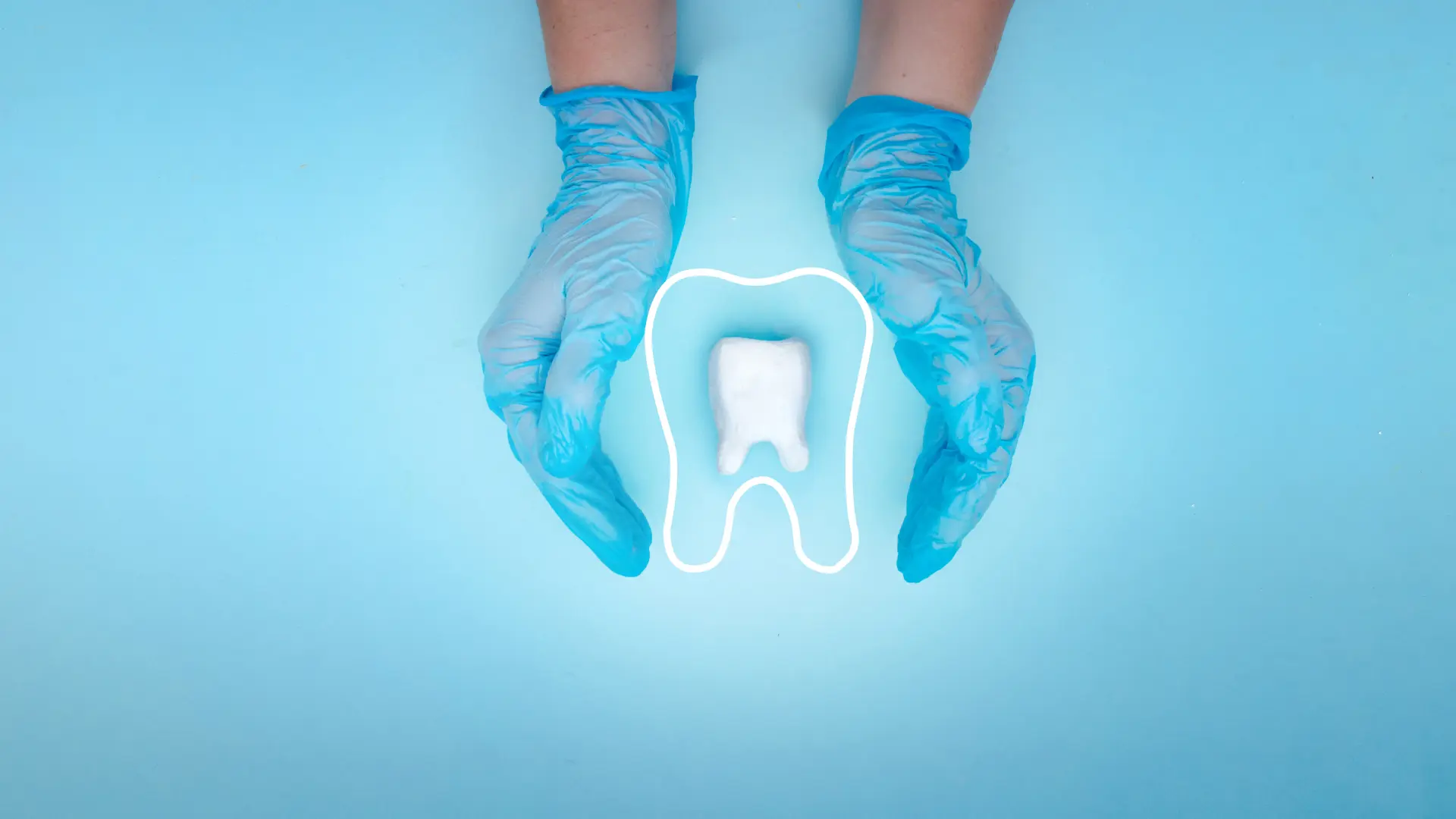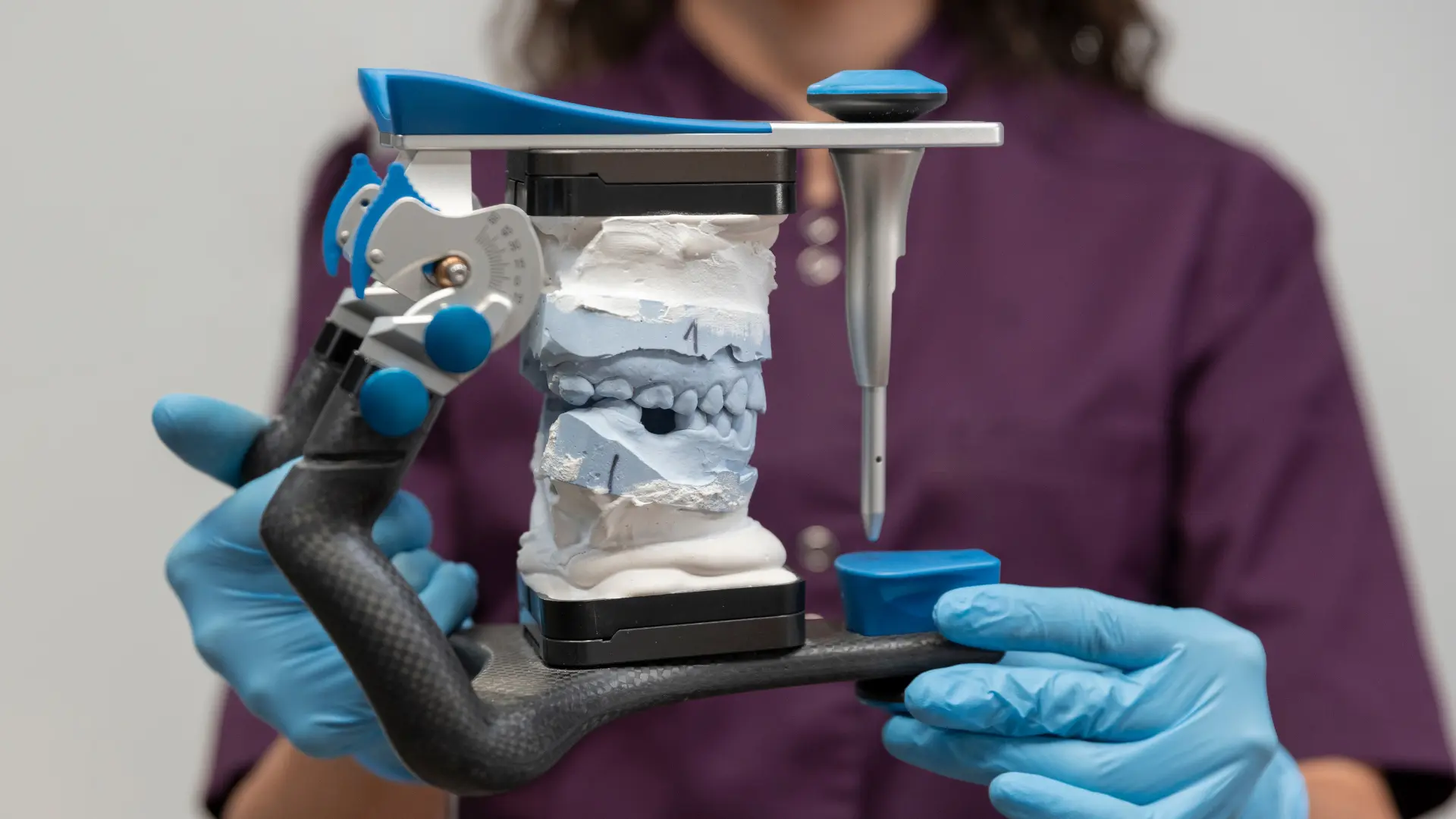Aftercare is essential also after a dental surgery, which is a serious surgical procedure, and should be done in the proper way to make the recovery as smooth and as successful as it could be. Follow post operative instructions of your dentist at Vitapera (whatever dentistry you may have undergone, be it tooth extraction, dental implant placement or gum surgery).
This is one of the most common warnings for patients after oral surgery: Do not smoke.
This may seem like a small inconvenience for smokers, but by doing so they are putting themselves at a greater risk for complications in recovery, and a longer length of time for the healing process than they would otherwise.
In this blog, you will see how smoking damages your health and how it prevents you from healing after oral surgery so to avoid it one needs to abstain from smoking at least for a certain period.
What Are the Dangers of Smoking After Oral Surgery?
We all know smoking is bad for you now, but if you are recovering from oral surgery? Cigarettes contain chemicals including nicotine and carbon monoxide, and these destroy the body’s capacity to heal by restricting the blood supply to the tissues. After oral surgery, your mouth is very vulnerable. Smoking contains a number of factors that require an optimal environment for healing that it prohibits.
One of those dangers is the risk of dry socket. When a tooth is removed, in normal conditions, the tissue forms a blood clot over the area which is healing to protect the bone and nerves beneath.
Smoking either physically dislodges this clot, by its sucking action, or breaks down the body’s ability to form clots. A protective clot should form to protect the space, but if it doesn’t then the socket becomes exposed and the results are severe pain, slow healing, and increased risk of infection.
In addition to dry socket, smoking has the potential to slow healing everywhere. Tissue repair requires oxygen, and the chemicals in tobacco reduce the oxygen available in your blood stream. It then means that smokers are more likely to have slow wound healing, put themselves at risk of infection, as well as producing more obvious scarring.
How Does Smoking Affect Dental Surgery?
There are many ways that smoking adversely affects dental surgery, which can drastically slow down your recovery time and increase your risk of post surgical complications.
A major problem is that blood flow, and hence oxygenation, is impaired because nicotine constricts blood vessels making blood circulation, which is required for healing, difficult. Not only does this slow down recovery, but also increases the chances of getting infections.
Bacteria in treated areas can trigger serious complications, including revision surgery, because smoking weakens the immune response to bacteria. Moreover, nicotine hinders bone and tissue healing, essential for things like dental implants, where smoking might hinder osseointegration, thus posing a danger of implant failure.
Smokers experience more post surgery pain and inflammation, slower healing and longer duration of pain than non smokers. The combination of these three factors makes smoking a major obstacle to a successful outcome of dental surgery.
What Are the Complications of Smoking After Surgery?
Complications from smoking after dental surgery can be serious and long lasting. Some of the most common complications include:
Dry Socket: Dry socket, as mentioned earlier is a painful condition where the blood clot covering the surgical site fails to form or is dislodged. Dry socket is much more likely to occur in smokers after tooth extractions. Dry socket delays healing, and can result in infection, which will also require treatment.
Infection: Smoking lowers the body’s ability to resist sickness. If the immune system is weakened, bacteria in the mouth can more easily invade surgical wounds. Swelling, pain and even more serious conditions (like abscesses) can result and antibiotics may be needed along with surgery.
Implant Failure: Osseointegrates like all Dental Implants. If you smoke, this process can be prevented, which can lead to the implant becoming loose or ceasing to function altogether. Implant patients who smoke are at a significantly greater risk for implant failure than non smoking implant patients.
Gum Recession and Bone Loss: Gum recession and bone loss are critical to the success of dental surgery such as implants, gum grafts and periodontal treatments; smoking can aggravate these complications. When smoke continues after dental surgery, it may cause the gums and bone that hold the teeth and implants to change in a permanent way.
Scarring and Prolonged Recovery: Smokers often take longer to heal due to healing processes being delayed, therefore resulting in more noticeable scarring and longer recovery times. It can also mean more postoperative discomfort and more frequent visits to the dentist or surgeon for follow up.
Why Is It Bad to Smoke After Gum Surgery?
Gum surgery is particularly dangerous while smoking. The healing of surrounding tissues from surgery, such as flap surgery, bone grafting or gum grafts, result in successful outcomes. Smoking limits this process very severely.
If there is a decreased blood flow meaning less oxygen to the gum tissue, the rate of healing is much slower and the risk for an infection is much higher. Smoking contributes to more inflammation throughout the gum tissue and can negate the good results of gum surgery, helping periodontal disease, gum recession or tooth loss continue.
Smoking Too Soon After Dental Surgery
Smoking after dental surgery is the highest risk for complications. For instance, the suction force when you inhale a cigarette is delicate enough to distinctly remove blood clots from tooth extraction sites and lead to dry socket. A second variable is that heat and toxins of cigarette smoke are irritating to delicate mouth tissues and therefore add to inflammation and pain. Smoking within the time after having dental surgery nearly guarantees you a lengthy painful recovery.
How Long Should You Wait to Smoke After Dental Surgery?
Waiting at least 72 hours (3 days) after dental surgery before smoking, however, is very very important, and that’s just a bare minimum. For more complex surgeries (like dental implants or gum grafts), you might wait one or even two weeks between your surgery and your return to exercising. The longer it will take you to recover and the greater chance for complications in recovery, the more you smoke. However, the best chance for best healing will be not to smoke at all.
Right now is a very important time to give you a chance to recover as best as you can, because your body needs all the resources it can get in order to heal. Not smoking before and after a facial procedure will increase the blood flow, oxygen levels and the immune response in all its cells, which will all help to give your surgical sites the best shot at healing without complications.
Conclusion: Avoid Smoking for a Better Recovery
The dangers of smoking immediately after dental surgical work are well documented and, indeed, far outweigh the temporary satisfaction smoking might afford. Because it slows down the healing process, because it delays healing time – it can make a procedure that would be simple a much more complicated, much more painful experience, with much higher risk of infection.
Smoking during the treatment is obviously a bad idea because your mouth is a breeding ground for bacteria, so you might have trouble recovering, but abstaining from doing so for as long as your dentist tells you is certainly going to help your healing process, as is careful listening to his or her advice. In addition to helping your overall health, quitting smoking permanently will help your oral health as well.










